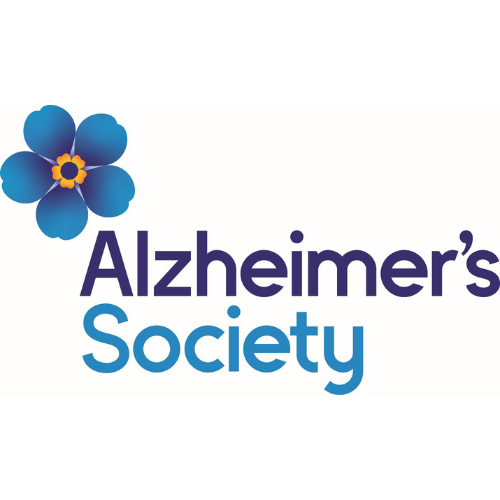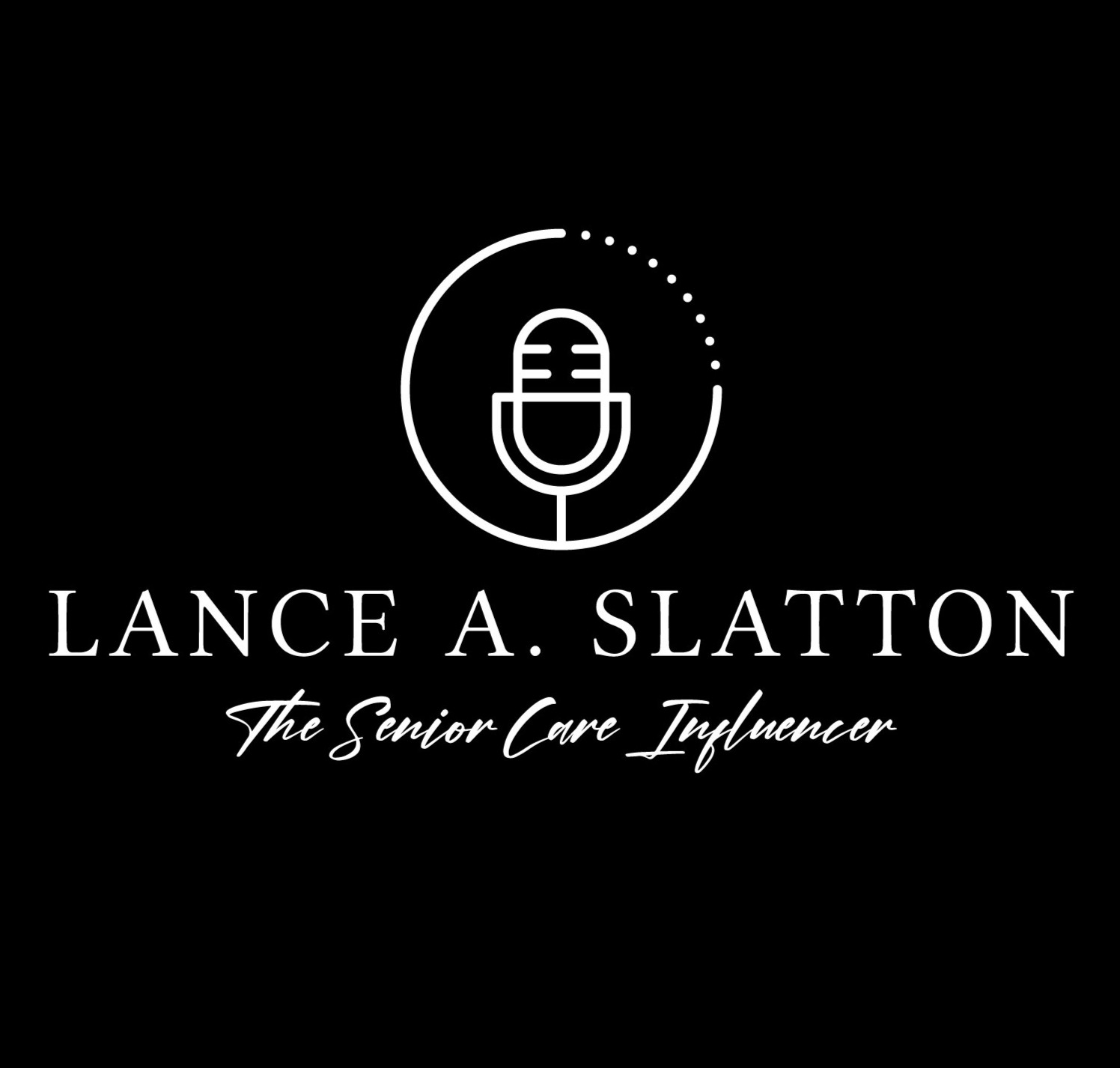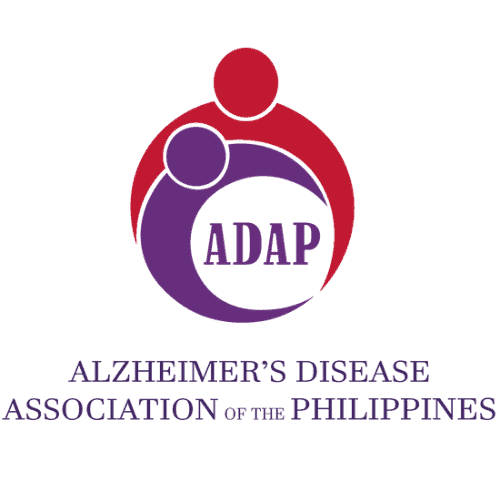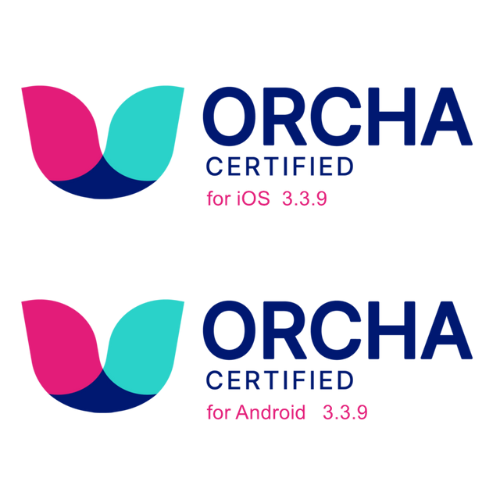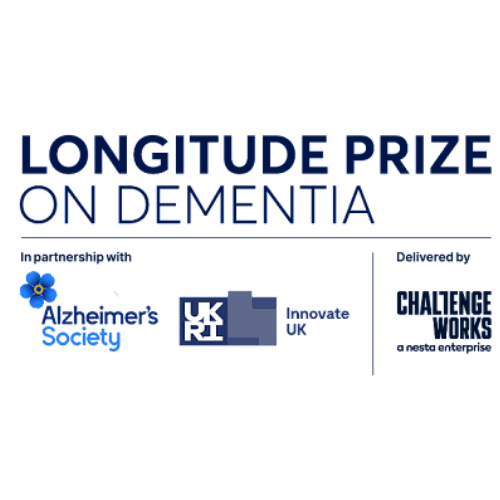Confusion is one of the most challenging symptoms of dementia for loved ones to witness. The loss of information and memories can be both heartbreaking and frustrating. For caregivers working with someone who has dementia, whether in a care setting or in the home, confusion can disrupt the ability to provide essential care and create a delay or cancellation of care altogether. This could translate to the person with dementia not receiving routine necessities, such as scheduled showers or adequate sleep. As we learn more about what works for dementia confusion, the need for holistic solutions tools grows.
Redirection
Redirection is one of the simplest ways to calm someone with confusion. In dementia, redirection refers to a technique used by caregivers and healthcare professionals to guide individuals with dementia away from a distressing or agitating situation toward a more positive or calming activity or topic of conversation. The goal of redirection is to help manage challenging behaviors, reduce agitation and anxiety, and promote a sense of comfort and well-being in individuals with dementia.
Steps and technique
- Identify Triggers: Caregivers observe the individual’s behavior and identify potential triggers that may be causing distress or agitation. Triggers can include environmental factors, such as noise or overstimulation, and internal factors, such as hunger, fatigue, or pain.
- Intervene Early: When caregivers notice signs of agitation or distress, they should intervene early to redirect the individual’s attention before the situation escalates. This may involve gently guiding the individual away from the triggering situation with distraction.
- Offer a Distraction: Caregivers offer a positive distraction by introducing a different activity, object, or topic of conversation that captures the individual’s interest and attention. This could be something as simple as listening to music, looking at photographs, or playing a game.
- Stay Calm and Reassuring: It’s essential for caregivers to remain calm, patient, and reassuring during redirection. Anxiety or frustration from the caregiver can escalate the situation further, so maintaining a calm demeanor is crucial.
- Validate Feelings: Caregivers acknowledge the individual’s feelings and concerns, even if they cannot resolve the underlying issue. Sometimes, simply listening and offering empathy can diffuse tension and redirect the individual’s focus toward more positive interactions.
- Use Gentle Physical Contact: Gentle touch or physical contact can be soothing and reassuring for individuals with dementia. A hand on the shoulder or a comforting hug can help to redirect their focus and provide a sense of security.
- Maintain Flexibility: Caregivers should be prepared to adapt and try different redirection techniques based on the individual’s response and changing needs. What works one day may not work the next, so flexibility and creativity are key.
Distraction in Memory Care Settings
Due to the complex needs of individuals with dementia, many communities have specialized memory care facilities and programs designed to provide tailored support and services for residents with cognitive impairment. Memory care facilities are specifically designed to cater to individuals with dementia in a live-in setting. These settings typically offer additional supervision, structured activities, and specialized care staff trained in dementia care techniques to meet the unique needs of residents with dementia.
Memory care staff undergo extensive training to effectively care for the residents in these settings, as they face unique care challenges due to resident confusion. These can affect things like quality and continuity of care, safety, health, employee retention, and even occupancy, all of which can impact revenue and future funding.
Distracting residents in a memory care setting can be challenging, but it can help reduce agitation and maintain a positive environment. Distraction and redirection techniques are taught to help prevent stress on the resident and allow the staff to provide care effectively and efficiently.
The following list includes scenarios where distraction techniques are commonly employed:
Agitation or anxiety: Residents with dementia may become agitated or anxious due to unfamiliar surroundings, changes in routine, or internal confusion. Distraction techniques can help redirect their attention away from the source of distress and towards a calming or engaging activity, such as listening to music, looking at photographs, or participating in a sensory stimulation exercise.
Resistance to care: Residents may resist or become agitated during personal care activities such as bathing, dressing, or grooming. Distraction techniques can help alleviate resistance by diverting their focus to a preferred activity or topic, making the care process more comfortable and less stressful for both the resident and the caregiver.
Wandering: Wandering behavior is common among individuals with dementia and can pose safety risks in a care setting. Distraction techniques can help redirect residents who are wandering by guiding them toward a designated activity area or engaging them in a purposeful activity to occupy their time and energy.
Aggressive behavior: Residents with dementia may exhibit aggressive behaviors such as yelling, hitting, or biting, often in response to perceived threats or frustration. Distraction techniques can help de-escalate aggression by redirecting their attention towards a calming or enjoyable activity, diffusing tension, and promoting a more positive interaction.
Hallucinations or delusions: Residents may experience hallucinations or delusions as a result of their dementia, leading to confusion or fear. Distractions can help redirect their focus away from the hallucination or delusion and towards reality-based activities or interactions, providing reassurance and comfort.
Mealtime challenges: Residents with dementia may have difficulty eating or become agitated during mealtimes due to cognitive impairments or sensory issues. Pleasant distractions, such as engaging residents in conversation, offering food choices, or providing sensory stimulation, can encourage appetite and facilitate a more enjoyable dining experience.
Redirection in Assisted Living Settings
Early to moderate dementia is common among residents in assisted living facilities. While the prevalence varies depending on the specific facility and population served, studies have found that a significant portion of assisted living residents have some form of cognitive impairment, such as dementia.
The Alzheimer’s Association estimates that around 42% of assisted living residents have Alzheimer’s disease or other dementias. Given that dementia becomes more common with advancing age, it’s not surprising to find a considerable proportion of residents with cognitive impairment in these settings.
Memory Lane Games – a tool in redirection
24/7 Caregiver support
Memory Lane Games provide a simple and holistic tool to support caregiving staff in memory care settings who work with dementia daily, as well as staff in assisted living who deal with it less often. The app’s ability to be deployed on a tablet or phone at any time of the day or night makes it a powerful tool for redirection.
During times of transition – Memory Lane Games gives staff an opportunity to bond with new residents by playing games together, allowing them and the residents to share stories as they do so. Even if a new resident does not show signs of confusion, the calm game set-up offers a soothing distraction during what is often a stressful time.
Socialization – Seniors with early dementia may have difficulty initiating social activities, maintaining hobbies and interests, and staying engaged and connected with others. Activity coordinators have used Memory Lane Games in a variety of ways to engage residents and connect them through group and one-on-one partner games.
“This tool is a blessing to the activities team. It has reduced planning and the time it takes organizing resources, and it’s instantly to hand when you just need something to help gain a connection with a resident,” says a resident activities coordinator in the UK who uses Memory Lane Games with the residents in their care.
Facilitate Visitor Engagement: Digital platforms like Memory Lane Games can foster connections between residents with dementia and their visitors. Choosing a game to play with grandparents is an easy and fun way for children and teens to bond with their grandparents despite the challenges of dementia. The games evoke memories that start meaningful conversations and the sharing of stories. Families of those using Memory Lane Games report that visits have become something everyone looks forward to.
Communication aid: Communication issues can significantly impact the ability of individuals with dementia to express themselves, understand others, and engage in meaningful interactions. As an alternative communication aid, Memory Lane Games uses the power of reminiscence to get residents talking. Speech therapists, family members, and staff who use the app report that Memory Lane Games has encouraged more frequent communication among their patients. For those with speech problems unrelated to dementia, such as traumatic brain injuries or strokes, the games offer personalized options that are typically absent from group activities.
Memory Lane Games is already in use worldwide in care facilities due to its holistic approach to calm and aid in bonding, speech, and care tasks for people with dementia. Its 24/7 accessibility and ease of use make it ideal for deployment by caregivers of all levels of experience. Some facilities even mention Memory Lane Games as a powerful digital therapeutic tool when marketing to new clients and residents.
To further the mission and expand its ability to help people with dementia and their caregivers worldwide, Memory Lane Games is currently seeking research participant facilities and groups. Memory care, assisted living, in-home care companies, adult daycares, and health organizations are welcome to reach out for more information at memorylanegames.com.







